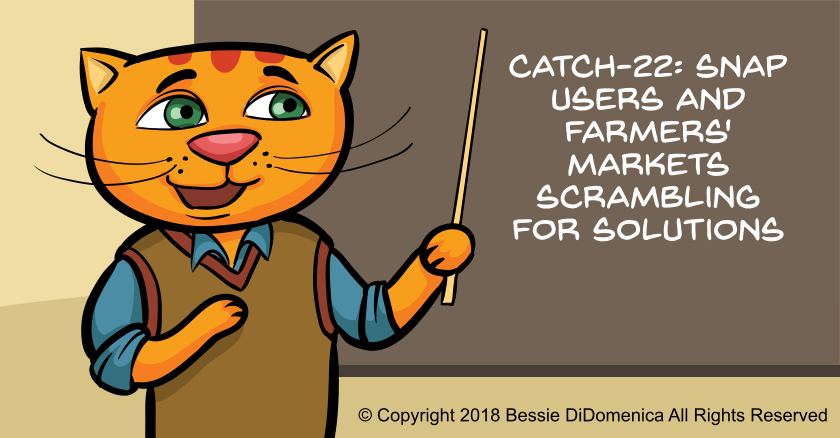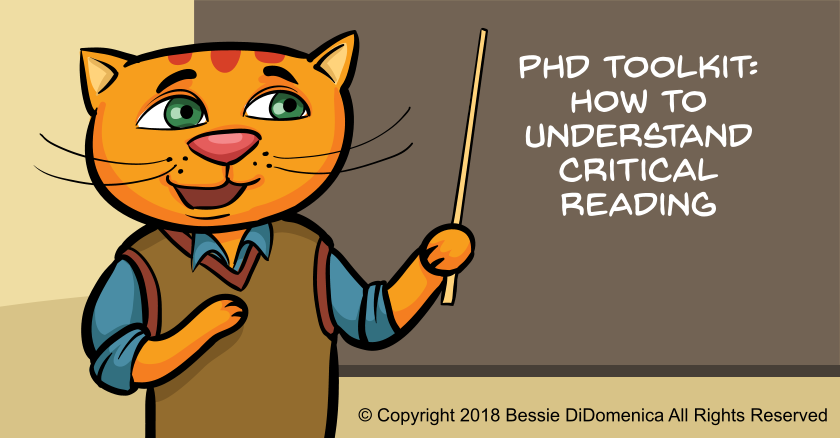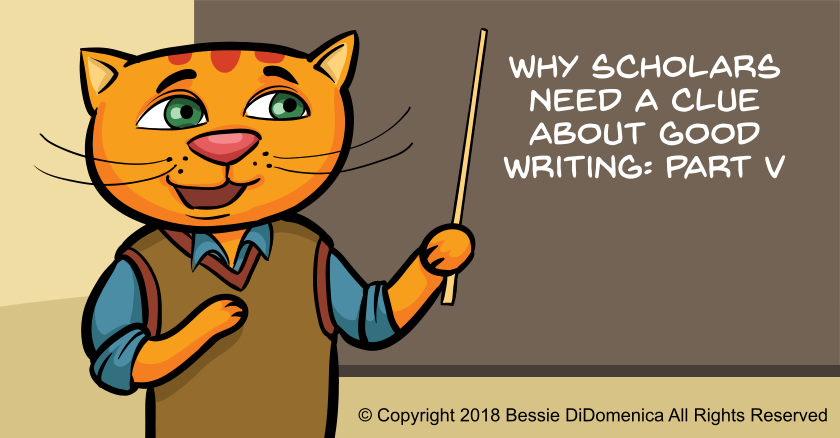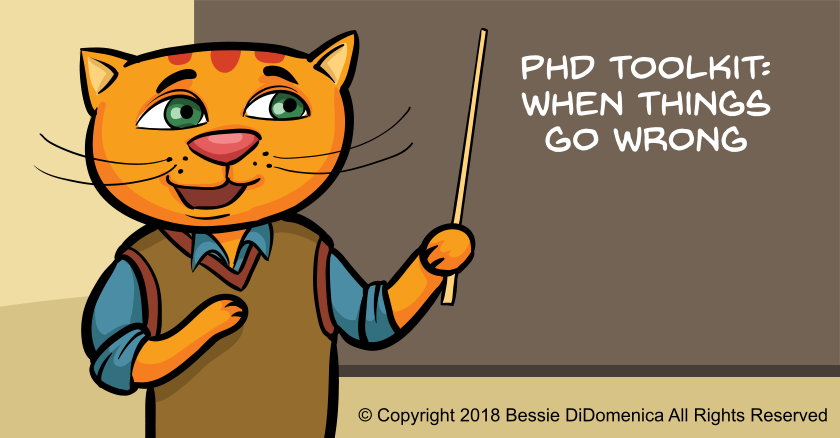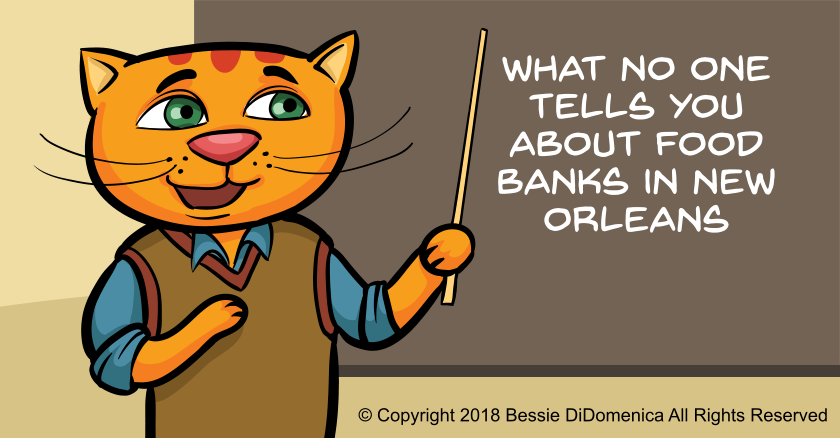I found an interesting read this week on alternative careers for doctoral students. The topic was “career-diversity” in higher education, a process to teach PhD students about alternative career tracks. As we know, there are not enough tenure-track positions for today’s doctoral students. I’ve written several blogs on the topic of alternative careers for non-academic creatives.
With 67,449 PhD graduates (2014 figures), it’s unrealistic to think that higher education will provide tenured jobs for all these people. Tenure-track jobs have no mandatory retirement age – the situation has not changed since the 1980s. Why is this suddenly a problem? What are the career choices for graduates outside of academia?



